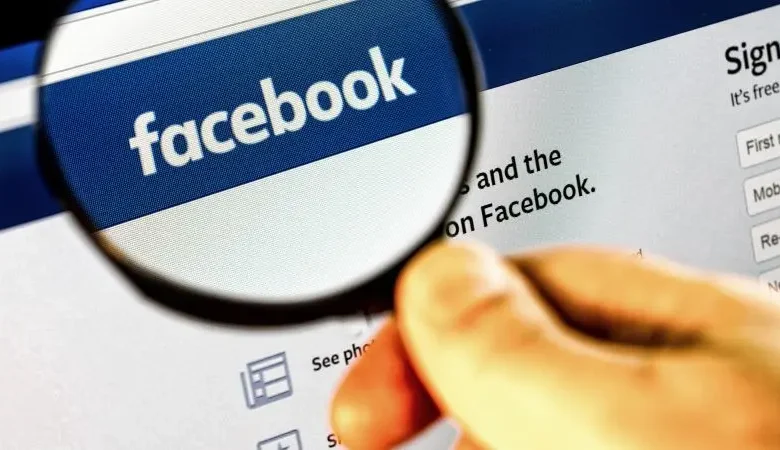Facebook turns 20, from humble beginnings to powerhouse

In a span of just 20 years, Facebook has transformed from a humble gathering place for young people into an unstoppable force, defying notions that it is exclusively for older generations. The growth and expansion of the platform have been nothing short of astounding.
Insider Intelligence analyst Jasmine Enberg vividly recalls the day she signed up for Facebook in her high school’s Mac lab, describing the platform as both an exclusive community free from parents, grandparents, and teachers and a part of something much larger.
Originally launched as thefacebook.com on February 4, 2004, by Mark Zuckerberg and three friends, the site was initially limited to Harvard College students before gradually opening its doors to other universities and eventually to the public in 2006.

Facebook quickly became a platform where people could connect with others from all walks of life, anywhere in the world. By 2023, it boasted over 3 billion monthly active users, experiencing a three percent growth from the previous year. Its impact on shaping pop culture, politics, and online behavior cannot be overstated.
One of Facebook’s defining features is its revolutionary “feed,” which curates content based on users’ preferences and engagement. This, coupled with the vast amount of personal information shared on the platform, allowed Facebook to become an advertising behemoth. Alongside Google, it dominated the online advertising space, raking in $23 billion in profits in 2022.

However, Facebook’s rise to power has not been without controversies. It has faced accusations of buying or copying potential rivals, as well as concerns over privacy breaches and data harvesting, exemplified by the Cambridge Analytica scandal. Despite these challenges, the user base continues to expand.
While some younger internet users have shifted their focus to platforms like Snapchat and TikTok, Facebook has managed to stay relevant by acquiring Instagram in 2012. This move not only eliminated a competitor but also provided a new avenue for advertising and appealed to a younger demographic.
Although the level of engagement among users remains difficult to measure accurately, its impact can’t be denied.










